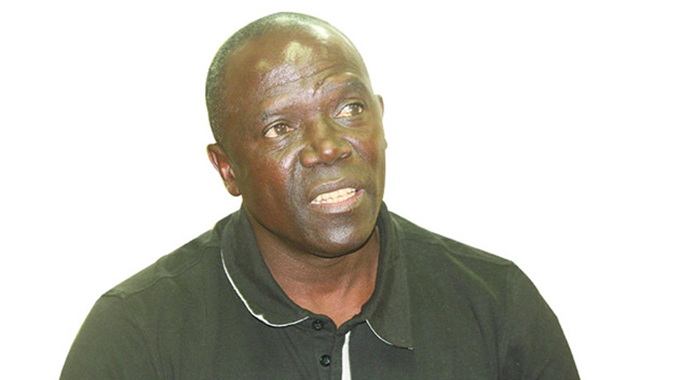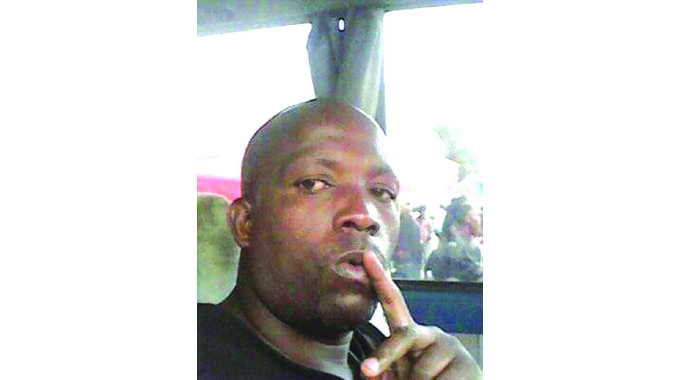Editorial Comment: Forward Africa in unity, peace

Today the continent commemorates Africa Day, a day set aside to celebrate the birth of the Organisation of African Unity (OAU) now the African Union (AU) on May 25, 1963 when 32 independent countries came together to forge unity.
The last country to join the AU was South Sudan on July 27, 2011, with Morocco rejoining the continental body in January 2017.
The founding fathers of OAU saw it fit to form a body to spearhead the fight against colonialism and apartheid in a coordinated manner for in the words of Kwame Nkrumah: “Today, from now on, there is a new African in the world! Our independence is meaningless unless it is linked up with the total liberation of Africa.”
Thus, article 13 adopted of the first conference of independent African Heads of State and Government held in Addis Ababa, Ethiopia from 22-25 May 1963, appoints “the day of 25 May as African Liberation Day, so as to organise popular demonstrations on that day and to disseminate the recommendations of the Summit.”
The historical day was commemorated by the OAU as African Liberation Day.
In 2002, the Heads of State and Government of African countries replaced the OAU with AU, and a vision of an integrated, prosperous and peaceful Africa, driven by its own citizens and “presenting a dynamic force in the global arena” was enunciated.
According to the Head of Communications at the African Union, Mrs Wynne Musabayana, the Africa Day theme is the same as the theme of the year, which is “Silencing the Guns, creating a conducive environment for Africa’s development.”
While commemoration of the day is traditionally characterised by discussions and festivities that reflect the continent’s cultural heritage, diversity and shared experiences, the essence for the day is meant to reflect on the common challenges the continent faces in a global environment.
Conscious of the OAU’s original mission of fighting for the independence of countries still under colonial rule, defend their sovereignty, uphold human rights and restore the dignity of the African people — the current AU has continued to pursue that legacy albeit with a myriad of challenges.
The reality that is difficult to ignore today is that the end of colonialism did not mean the end of Western domination in the affairs of former colonies.
Many countries on the continent are still at the mercy of Western nefarious machinations whose aim is to effect pliable regimes that safeguard their own political and economic interests which are at most, at variance with the interests of the majority African people.
A good example is Zimbabwe, in which the West had to impose economic sanctions after the country embarked on the land reform programme meant to correct historical injustices that favoured the minority whites.
Another example of Western stranglehold is that of former French colonies.
Despite the largely symbolic break from a colonial history with France, Benin, Guinea Bissau, Burkina Faso, Senegal, Cote d’lvoire, Mali, Niger, Togo, Cameroon, Central African Republic, Equatorial Guinea, Chad, Congo Brazzaville and Gabon remain indebted to France.
So sad that France still benefit through a “colonial pact” that directs these countries to put “85 percent of their foreign reserves into France’s Central Bank”, under the control of the French Minister of Finance.
Many will remember former AU representative to United States Dr Arikana Chihombori-Quao’s presentation titled “The pact for the continuation of Colonisation”, in which she stated that France has taken over US$500 billion from Francophone African countries based on this pact signed before the countries’ independence.
The Francophone case and other continued acts of continued exploitation clearly put to the fore the idea that the road to total emancipation is still under construction.
Also sad is the fact that while the day is of such paramount importance to all Africans, only a handful of countries celebrate it as a public holiday.
The day is marked as a public holiday in Zimbabwe, Ghana, Mali, Zambia, Angola, Equatorial Guinea, Lesotho, Liberia and Mauritania.
This is not to say that all the countries that do not celebrate the day as a public holiday are less Pan-African.
However, making the day a public holiday implants in citizens the day’s sacredness and makes citizens to seriously reflect on Africa’s development, peace and security.
We owe it to ourselves to ensure that the future does not die in the present.
We owe it to the future generations in ensuring that Africa’s history of subjugation and valiant struggle against colonialism is not lost. As we celebrate Africa Day today, let it not be lost on any African mind that the road to total emancipation is still under construction.
Let us remain united and be inspired by the Pan-African spirit of the founding fathers who in their wisdom formed the OAU to dislodge colonial rule.
Forward Africa! Pita Afrika kwa Umoja!








Comments